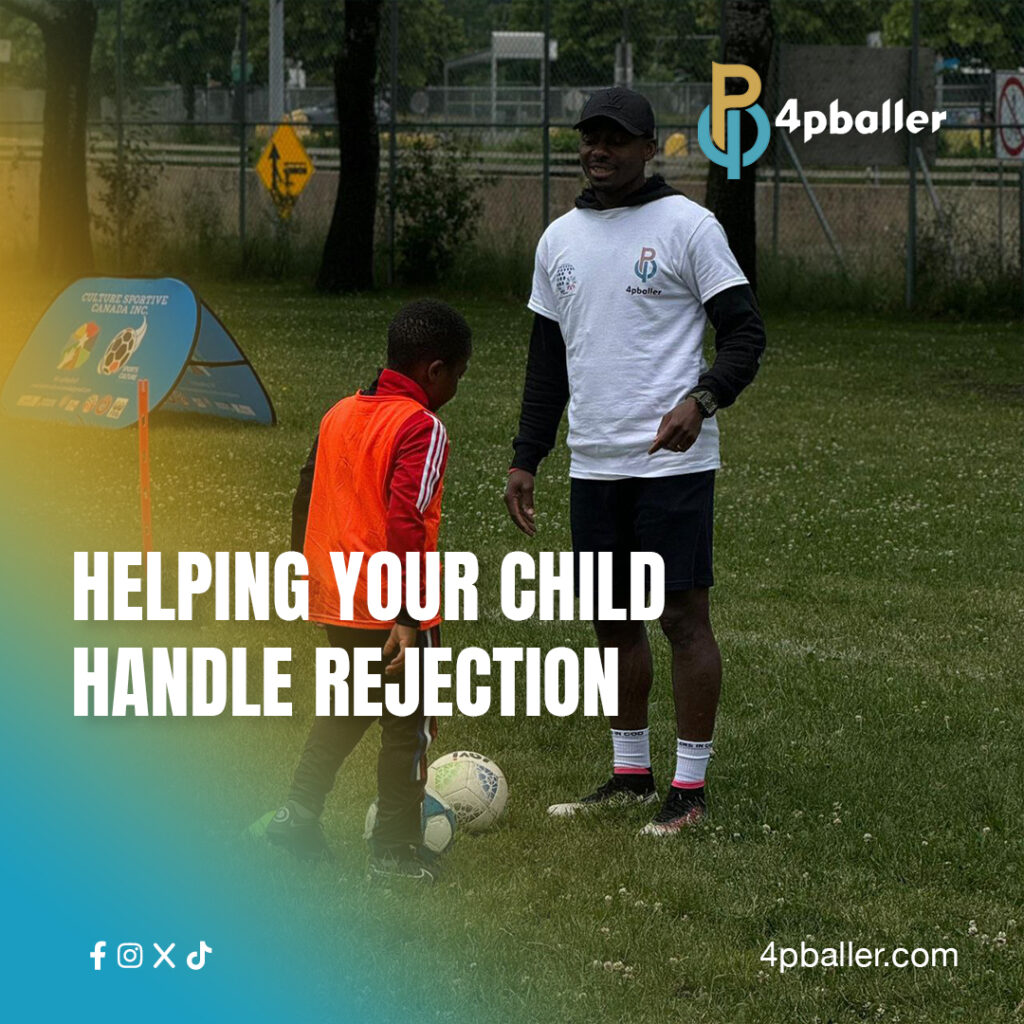Rejection is a tough reality in soccer academies. Less than 1% of footballing apprentices nationwide go on to forge a career in the game. This statistic highlights the competitive nature of the sport and the emotional challenges young players face. As a parent, you play a crucial role in helping your child navigate these challenges. Here are some steps you can take to support your child through rejection, whether it’s not being signed by an academy or struggling to find a club.
Understand the Reality
Football club academies often take in boys as young as five, but many face rejection later on. This process is a harsh reality of the sport, where only the very best make it through. Recognizing this can help you prepare your child for potential setbacks, including not being signed by an academy or not finding a club to play for.
Communicate Openly
Talk to your child about the possibility of rejection from an early age. Explain that rejection is a normal part of the process and does not define their worth or talent. Use examples of famous players who were rejected early in their careers, like Harry Kane and Antoine Griezmann. This can show your child that rejection can be a stepping stone to future success. Discuss the different forms of rejection, such as not being signed or not finding a club, and how they can handle each situation.
Focus on Development
Emphasize the importance of continuous development over immediate success. Encourage your child to focus on improving their skills and enjoying the game. This mindset can help them stay motivated and resilient, even when facing rejection or struggling to find a club.
Provide Emotional Support
Be there for your child emotionally. Listen to their feelings and validate their emotions. Let them know that it is okay to feel disappointed or sad. Your support can help them process their emotions in a healthy way, especially when they are not signed by an academy or cannot find a club to join.
Encourage Other Interests
Help your child develop interests outside of soccer. This can provide a balance and ensure that their self-worth is not solely tied to their soccer performance. Encourage them to explore other sports, hobbies, or academic pursuits. This is particularly important if they are struggling to find a club or have not been signed by an academy.
Seek Professional Help
If your child struggles to cope with rejection, consider seeking help from a sports psychologist or counselor. They can provide professional guidance and strategies to help your child manage their emotions and stay motivated. This can be especially beneficial if your child is not signed by an academy or is having difficulty finding a club.
Stay Positive
Maintain a positive outlook and encourage your child to do the same. Remind them that rejection is an opportunity to learn and grow. Share stories of players who overcame rejection and achieved success, like Diego Costa and Luke Shaw. Whether it’s not being signed or not finding a club, staying positive can help your child see the bigger picture.
Foster a Growth Mindset
Teach your child the value of a growth mindset. This means believing that abilities can be developed through dedication and hard work. A growth mindset can help your child see rejection as a temporary setback rather than a permanent failure. This is crucial when dealing with not being signed by an academy or struggling to find a club.
Explore Alternative Pathways
If your child is not signed by an academy or is having trouble finding a club, explore alternative pathways. Look into local leagues, community teams, or even other sports that might interest them. Sometimes, taking a different path can lead to new opportunities and experiences.
Conclusion
Rejection in soccer academies is a common experience, but it does not have to be a negative one. Through communicating openly, providing emotional support, and fostering a growth mindset, you can help your child navigate rejection and continue to pursue their dreams. Whether it’s not being signed by an academy or struggling to find a club, every setback is an opportunity for growth and future success.

